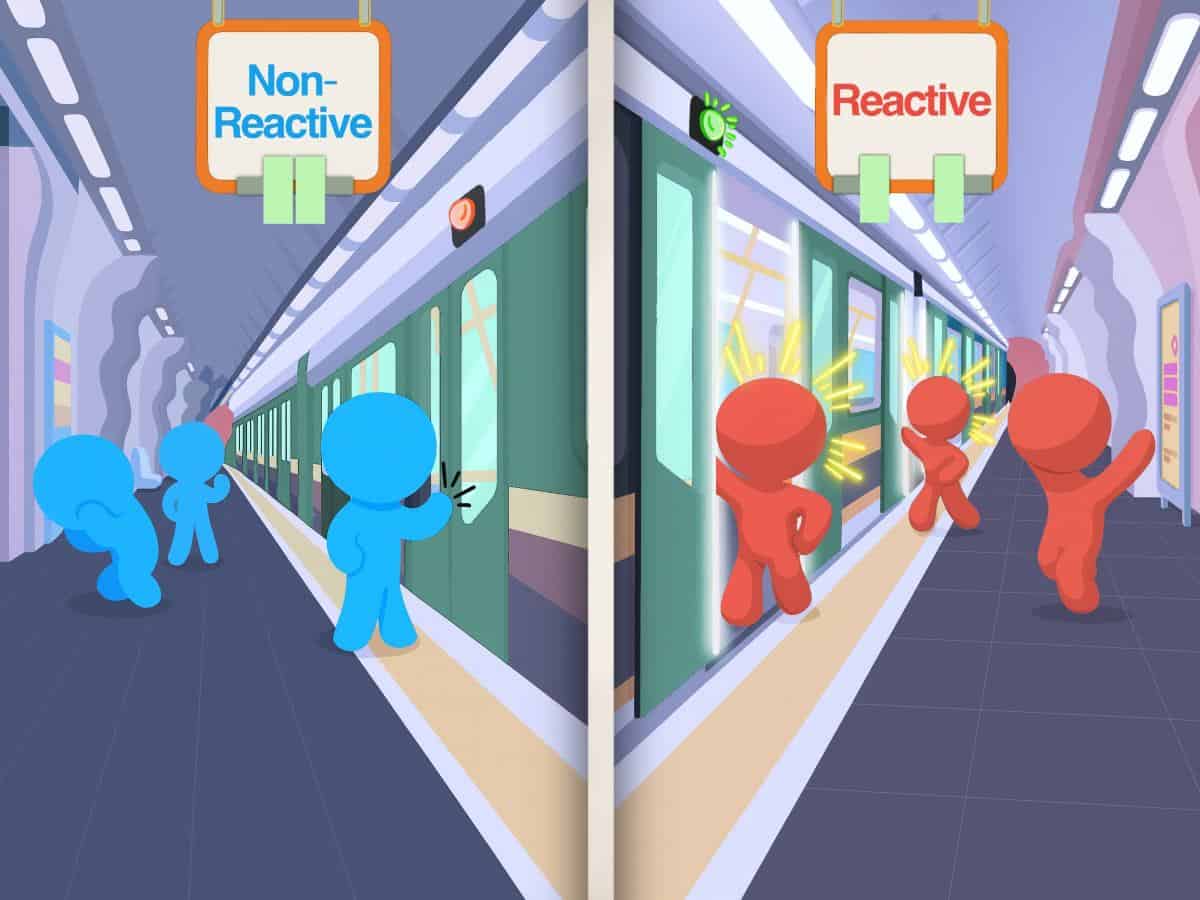Science
Researchers Unveil New Framework for Gated First-Passage Processes

A team of researchers from India and Israel has developed a new mathematical framework to analyze gated first-passage processes, which are crucial in various scientific fields. These processes involve events that can only occur when two conditions are met: a target must be reached, and that target must be in the correct state to facilitate the event. Their findings could significantly impact areas such as chemistry, biophysics, finance, and climate science.
Understanding Gated First-Passage Processes
The concept of gated first-passage processes can be illustrated through the example of a molecule moving randomly within a cell. Its objective is to bind to an enzyme, a vital step in numerous biochemical reactions. However, the enzyme exists in two states: a reactive state, conducive to binding, and a non-reactive state, where binding is impossible. Thus, even if the molecule arrives at the enzyme, binding will only occur if the enzyme is in its reactive state at that moment. This highlights the significance of both reaching the target and ensuring it is ready for interaction.
Current models have shed light on simple scenarios, such as point targets, but complexities arise in more realistic situations involving extended targets or thresholds. This gap prompted the research team, including scientists from the Indian Institute of Science and the Weizmann Institute of Science, to pursue a new method for addressing these challenges.
Renewal Theory and Its Applications
The researchers employed a concept known as renewal theory, which pertains to events that occur repeatedly over time with random intervals between them. By applying this theory, they broke down complex processes into manageable, repeatable components. The results of their study revealed universal patterns in the timing of these processes, offering solutions to issues that had previously stymied researchers.
In their findings, published in March 2024 in the journal IOPscience, the team demonstrated that their novel approach can address unsolved problems and explain phenomena that were once considered perplexing. The implications of this research extend beyond theoretical applications; the method can be utilized in real-world systems, from chemical reactions to monitoring intermittent data.
The work of researchers like Yuval Scher and his colleagues marks a significant advancement in the understanding of complex processes that govern interactions in various scientific domains. Their innovative approach not only enhances theoretical frameworks but also provides practical solutions that can influence future studies and applications in diverse fields.
-

 Health2 months ago
Health2 months agoNeurologist Warns Excessive Use of Supplements Can Harm Brain
-

 Health3 months ago
Health3 months agoFiona Phillips’ Husband Shares Heartfelt Update on Her Alzheimer’s Journey
-

 Science4 weeks ago
Science4 weeks agoBrian Cox Addresses Claims of Alien Probe in 3I/ATLAS Discovery
-

 Science4 weeks ago
Science4 weeks agoNASA Investigates Unusual Comet 3I/ATLAS; New Findings Emerge
-

 Science3 weeks ago
Science3 weeks agoScientists Examine 3I/ATLAS: Alien Artifact or Cosmic Oddity?
-

 Science3 weeks ago
Science3 weeks agoNASA Investigates Speedy Object 3I/ATLAS, Sparking Speculation
-

 Entertainment4 months ago
Entertainment4 months agoKerry Katona Discusses Future Baby Plans and Brian McFadden’s Wedding
-

 World2 months ago
World2 months agoCole Palmer’s Cryptic Message to Kobbie Mainoo Following Loan Talks
-

 Entertainment4 months ago
Entertainment4 months agoEmmerdale Faces Tension as Dylan and April’s Lives Hang in the Balance
-

 Science3 weeks ago
Science3 weeks agoNASA Scientists Explore Origins of 3I/ATLAS, a Fast-Moving Visitor
-

 Entertainment4 months ago
Entertainment4 months agoLove Island Star Toni Laite’s Mother Expresses Disappointment Over Coupling Decision
-

 Entertainment3 months ago
Entertainment3 months agoMajor Cast Changes at Coronation Street: Exits and Returns in 2025









